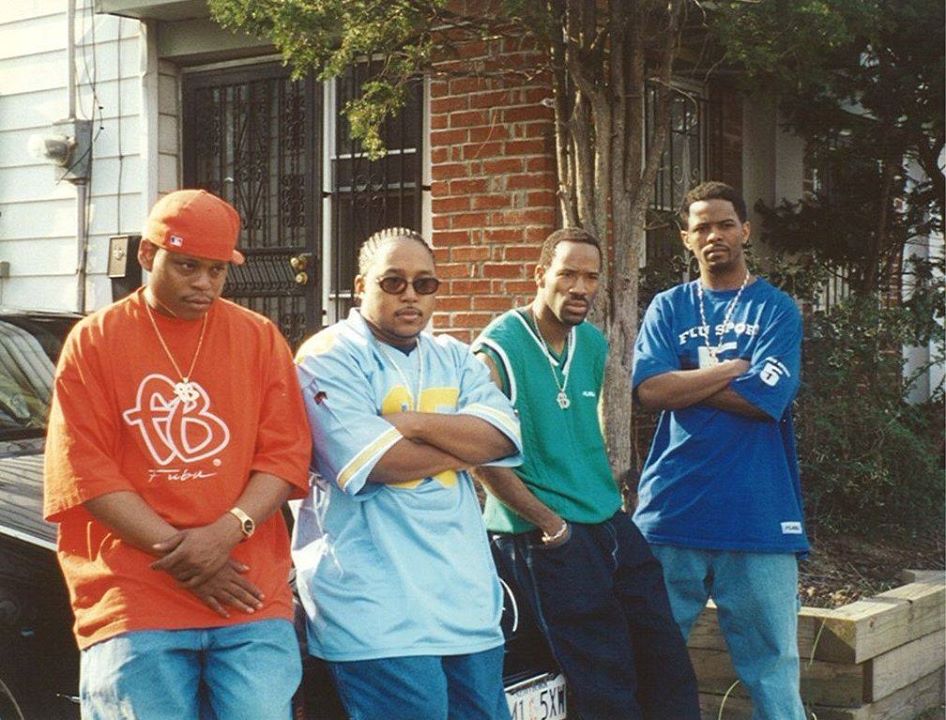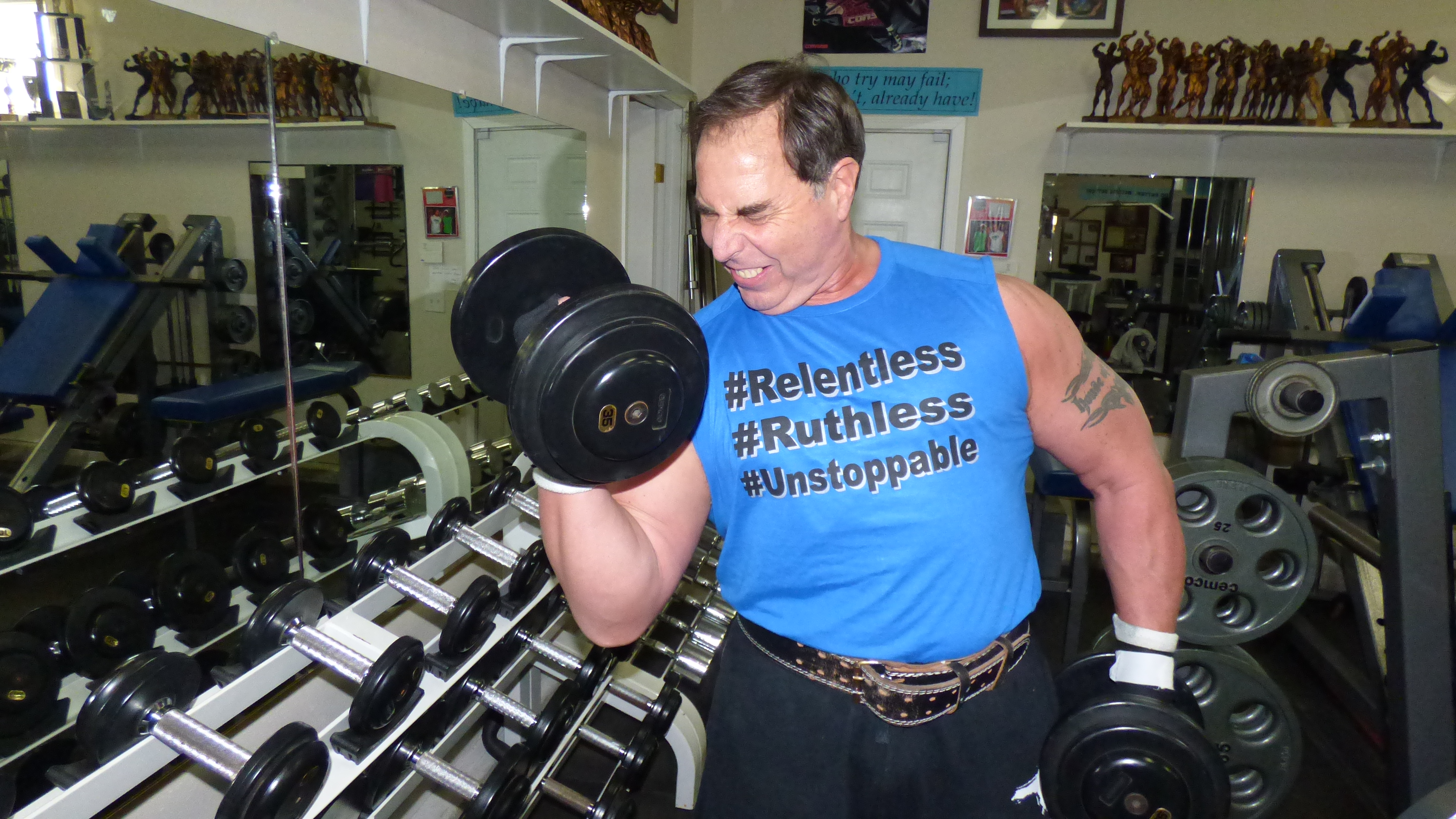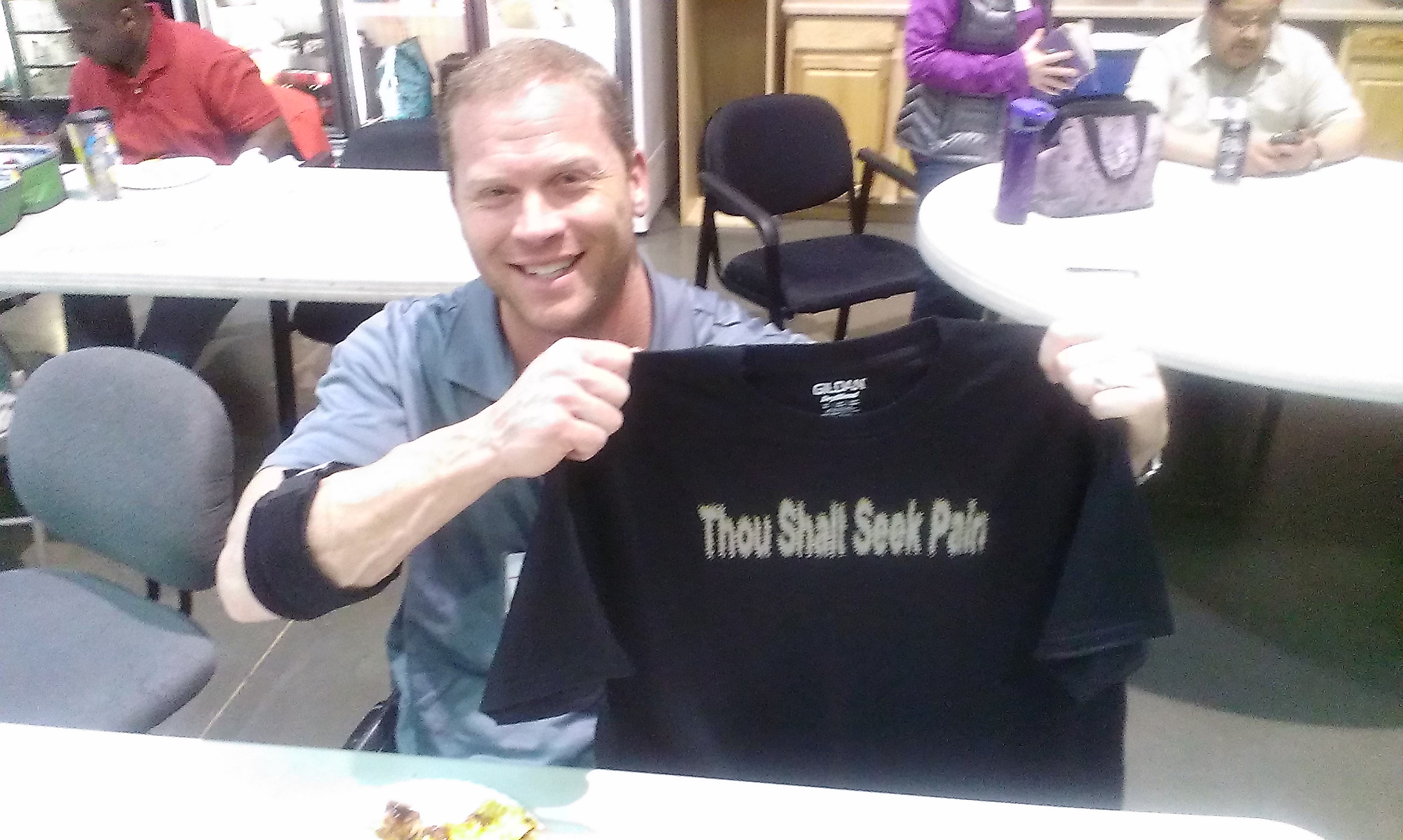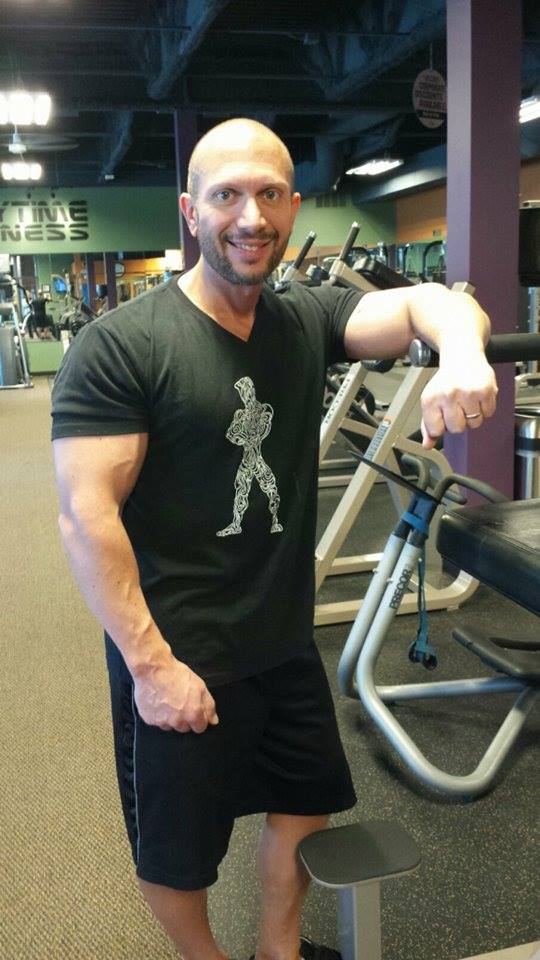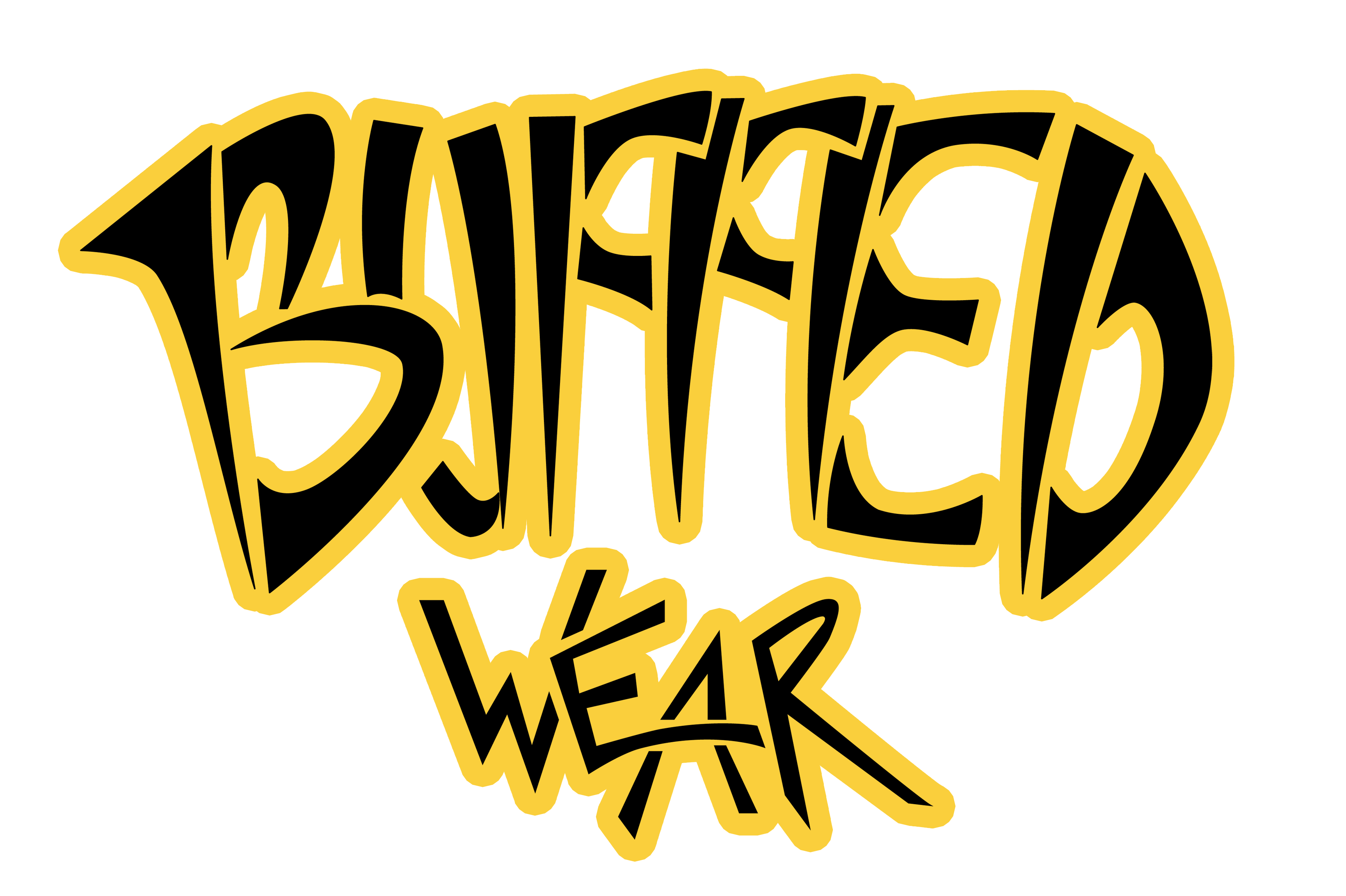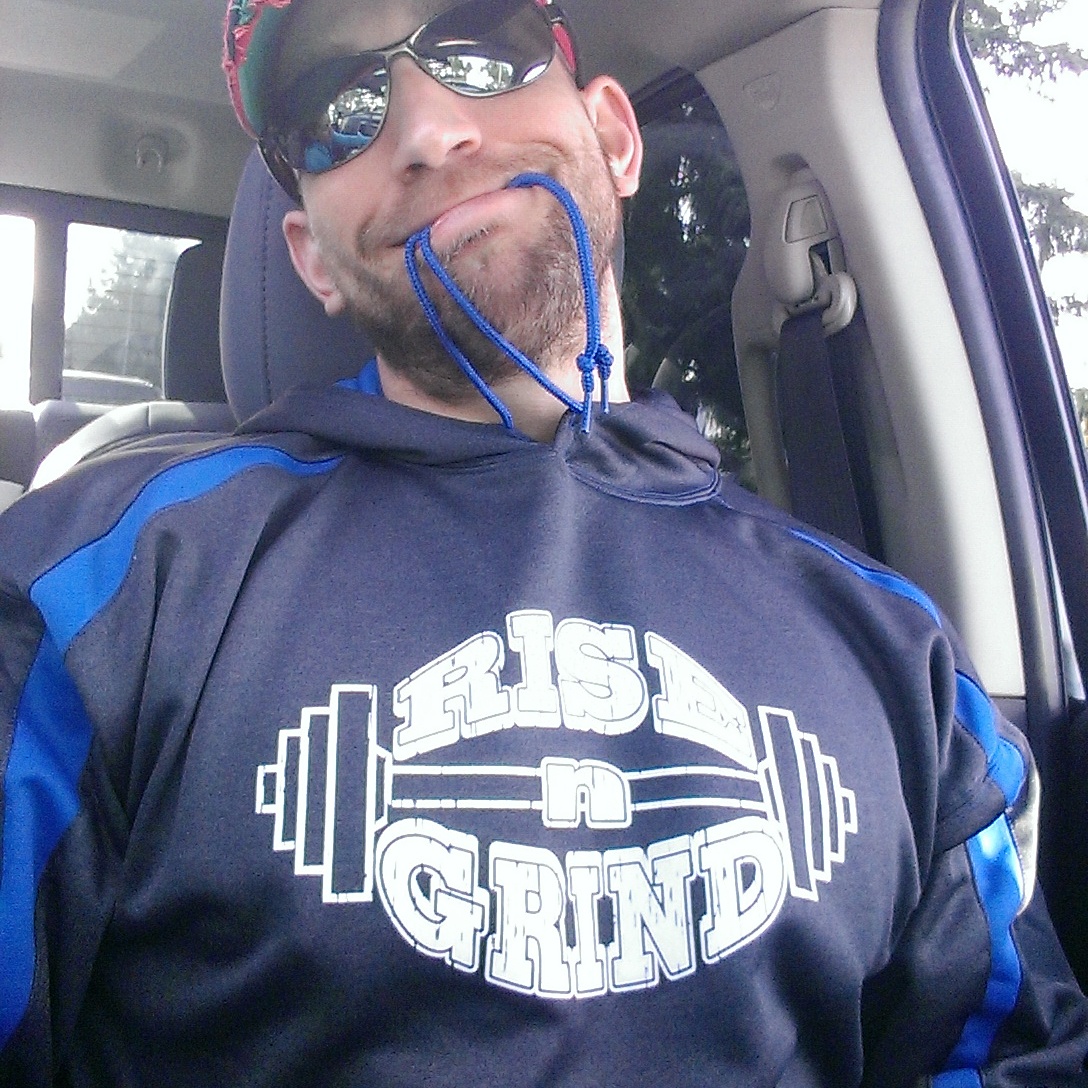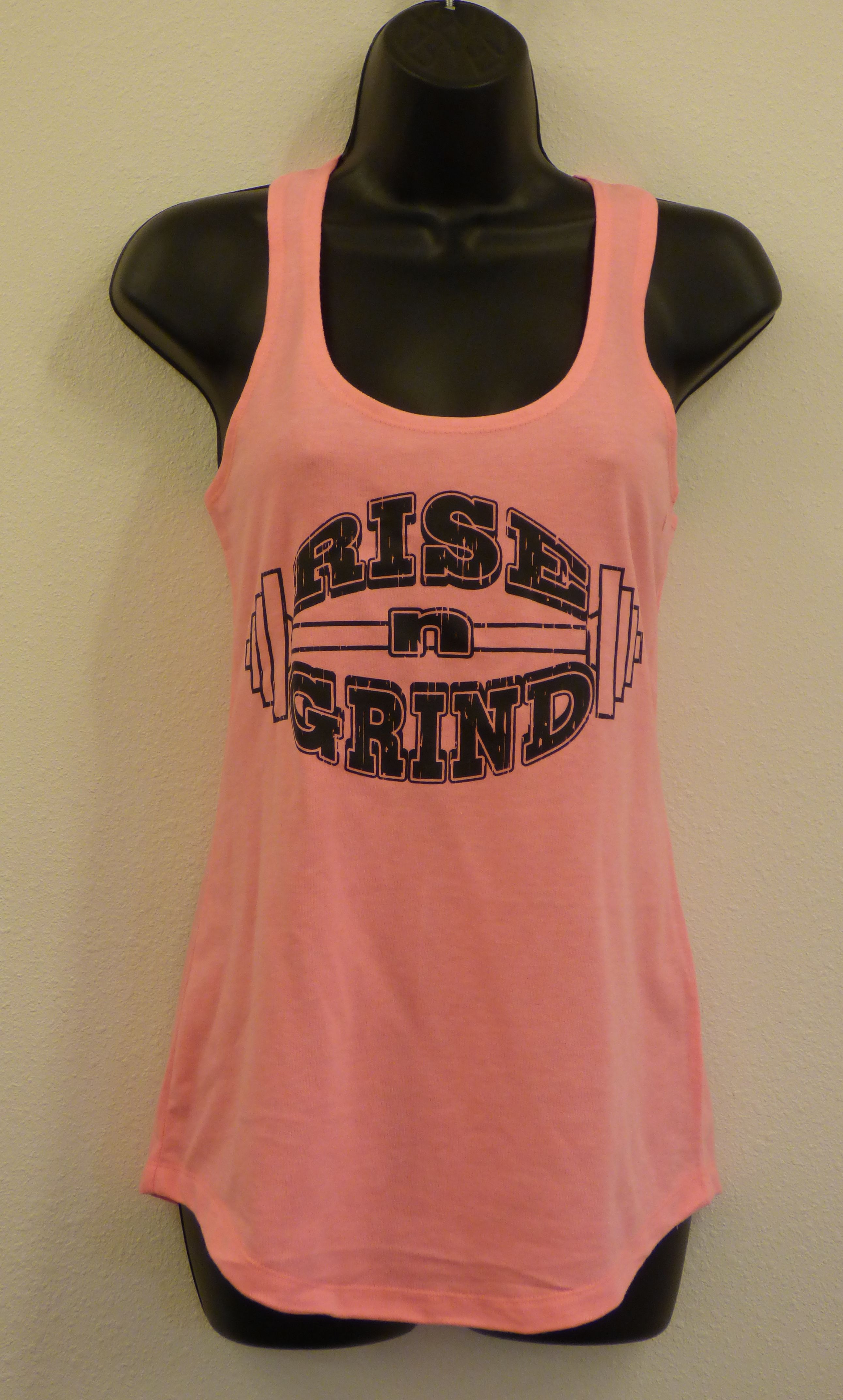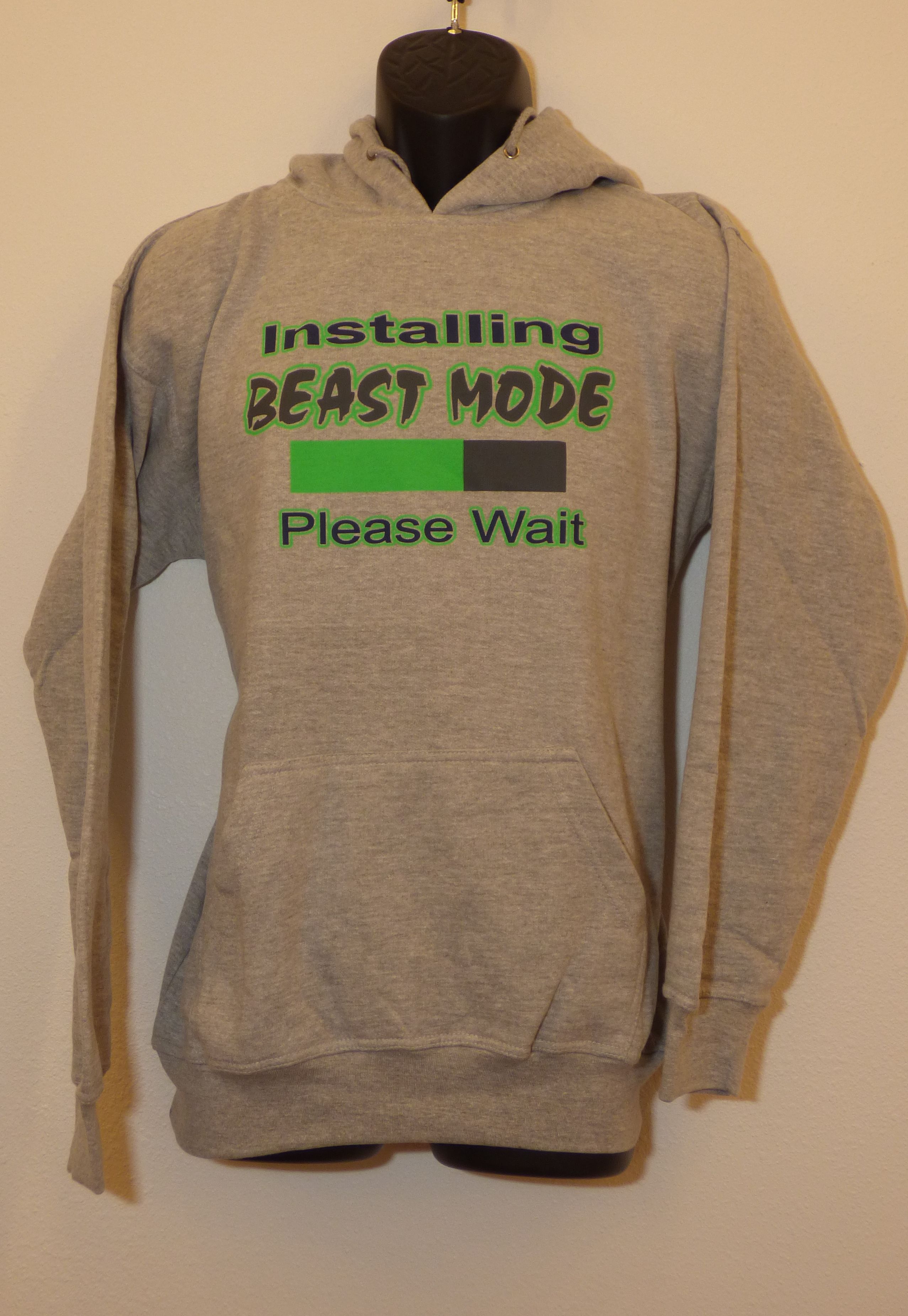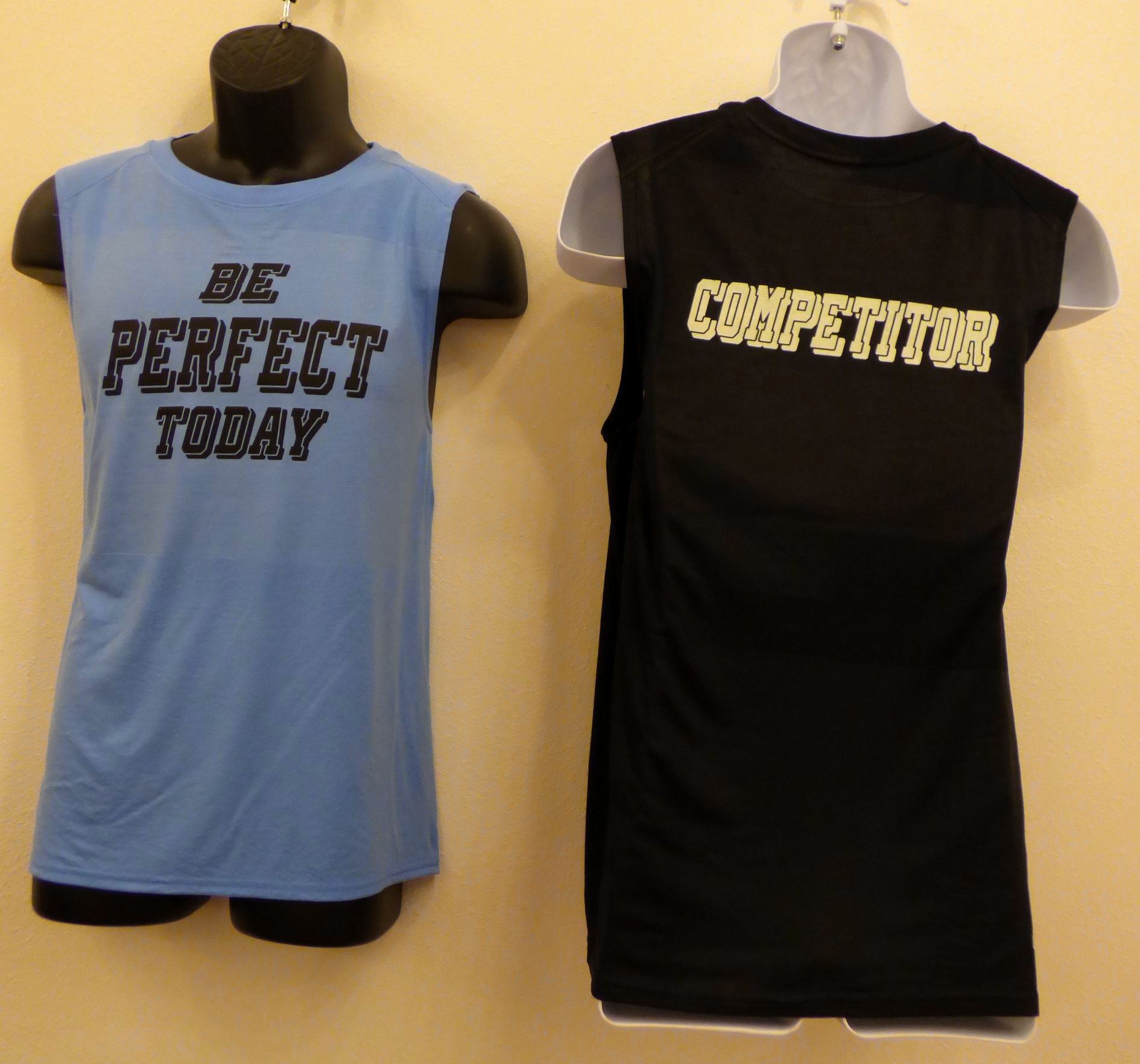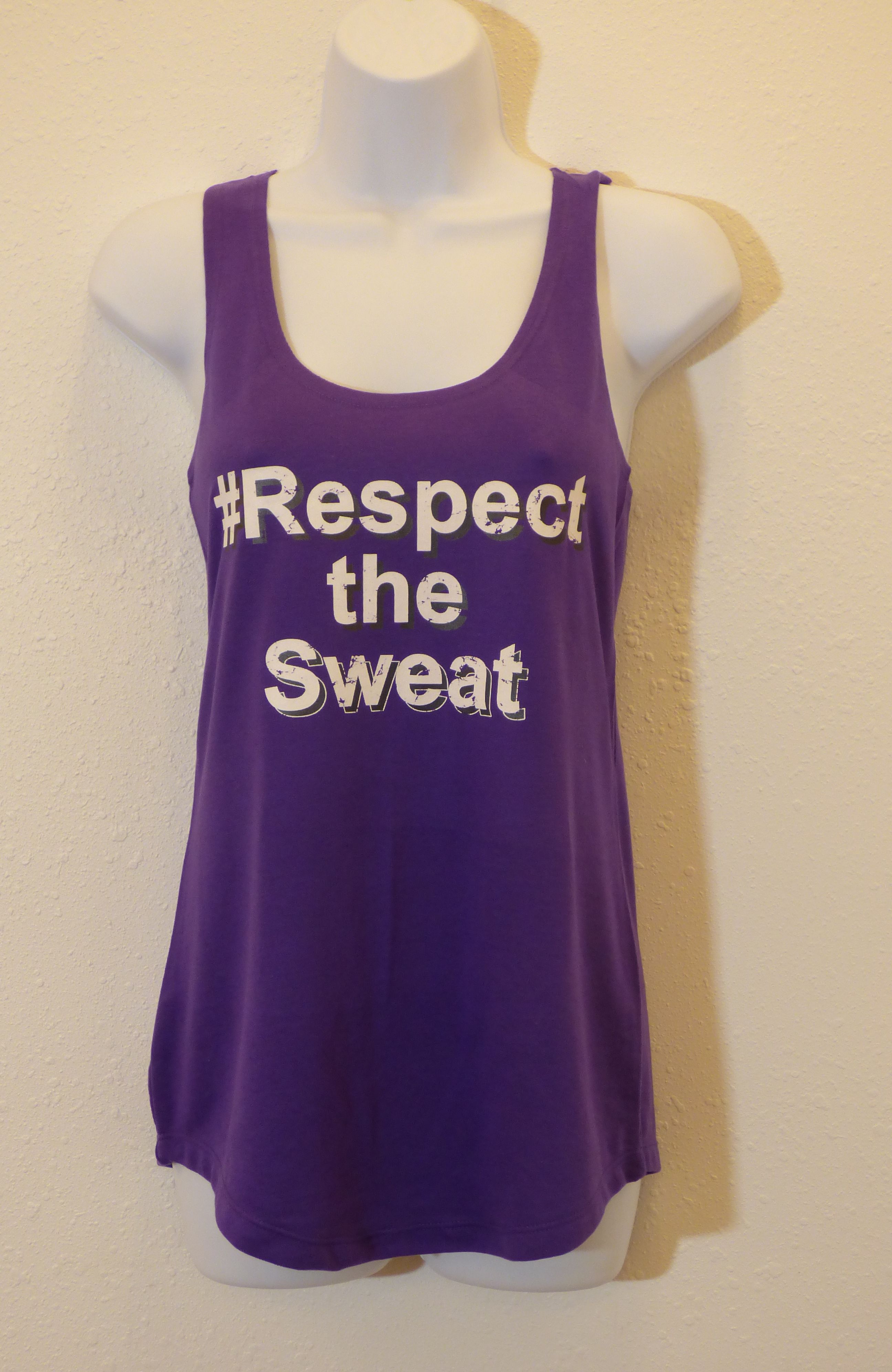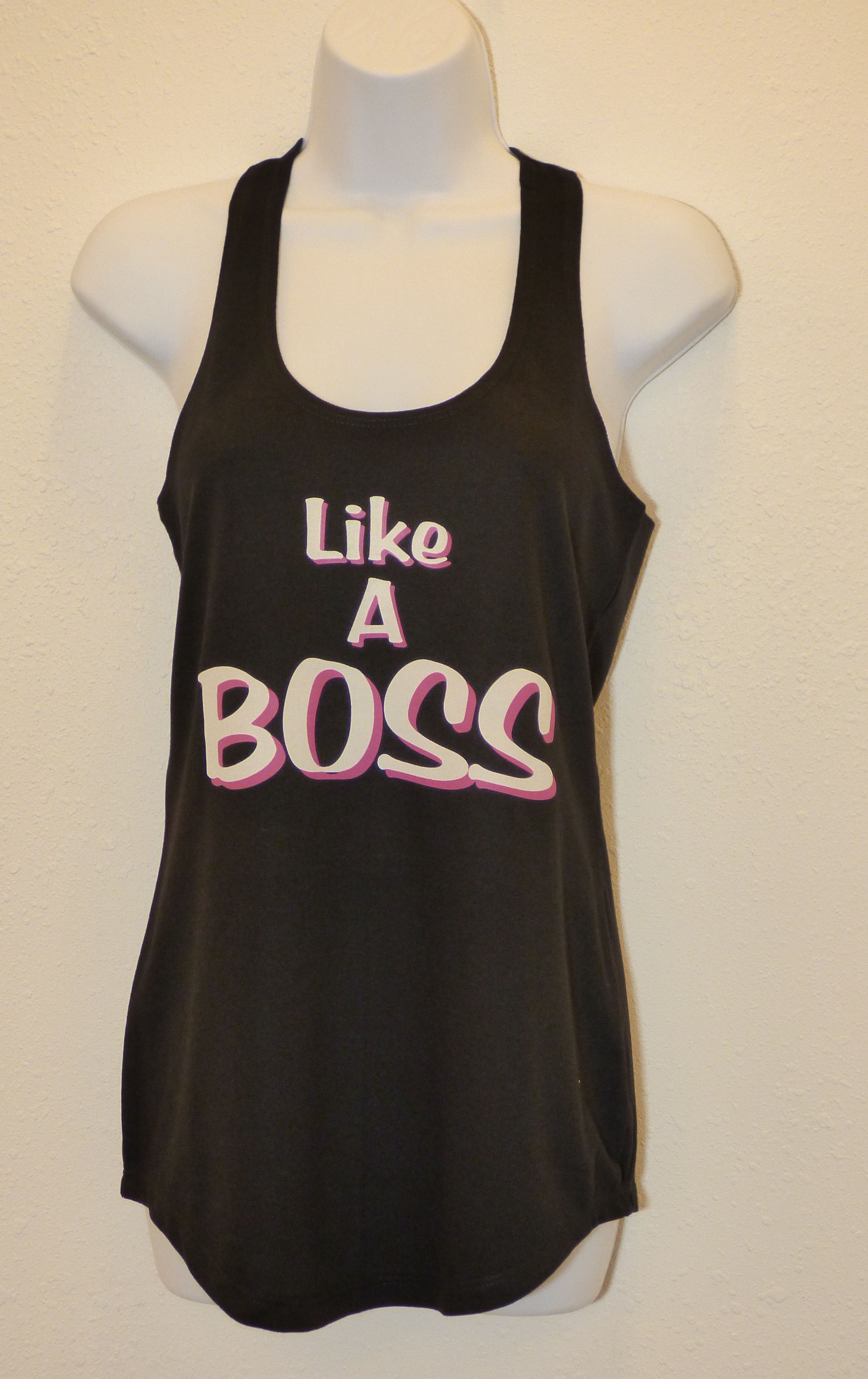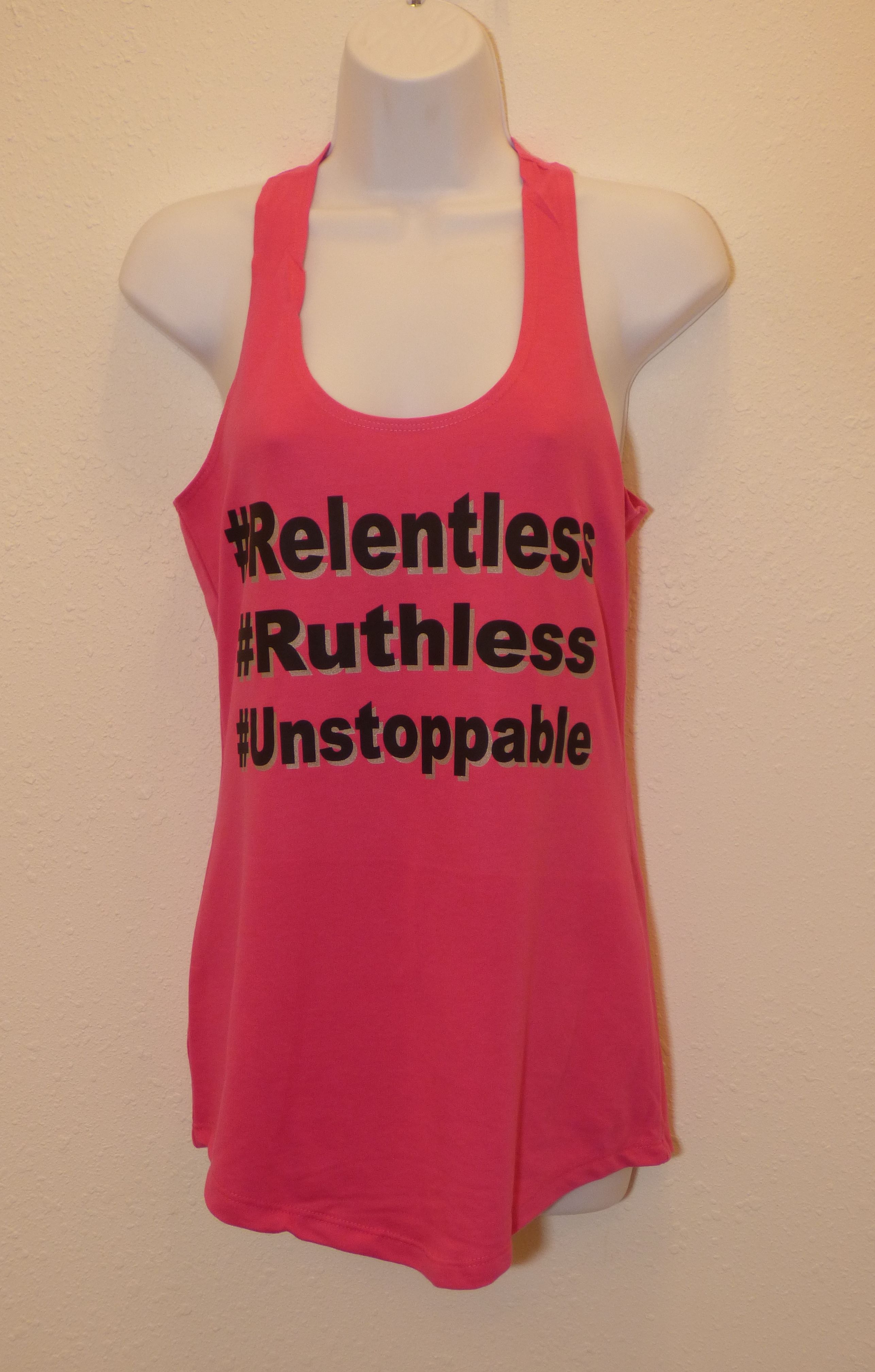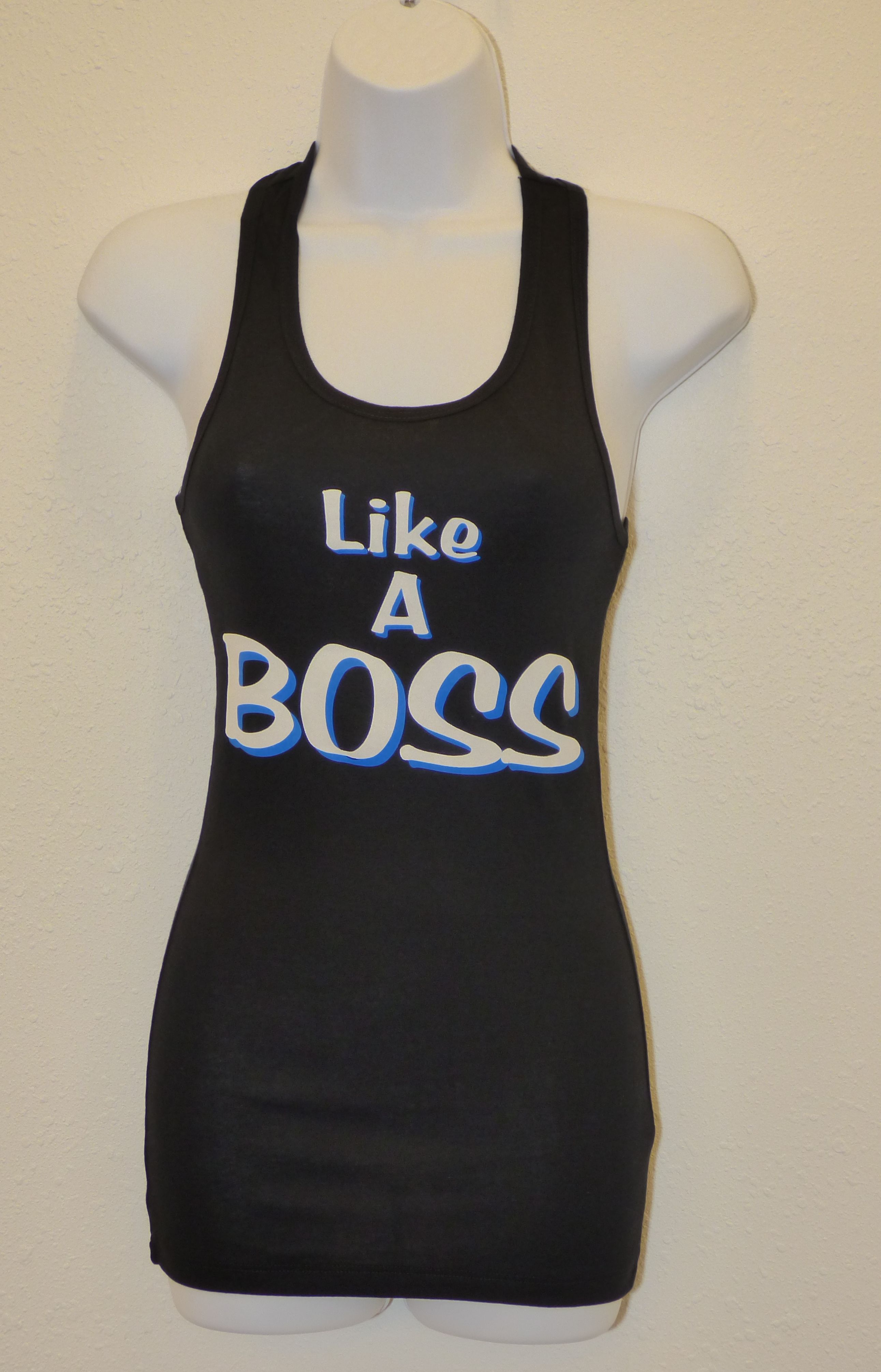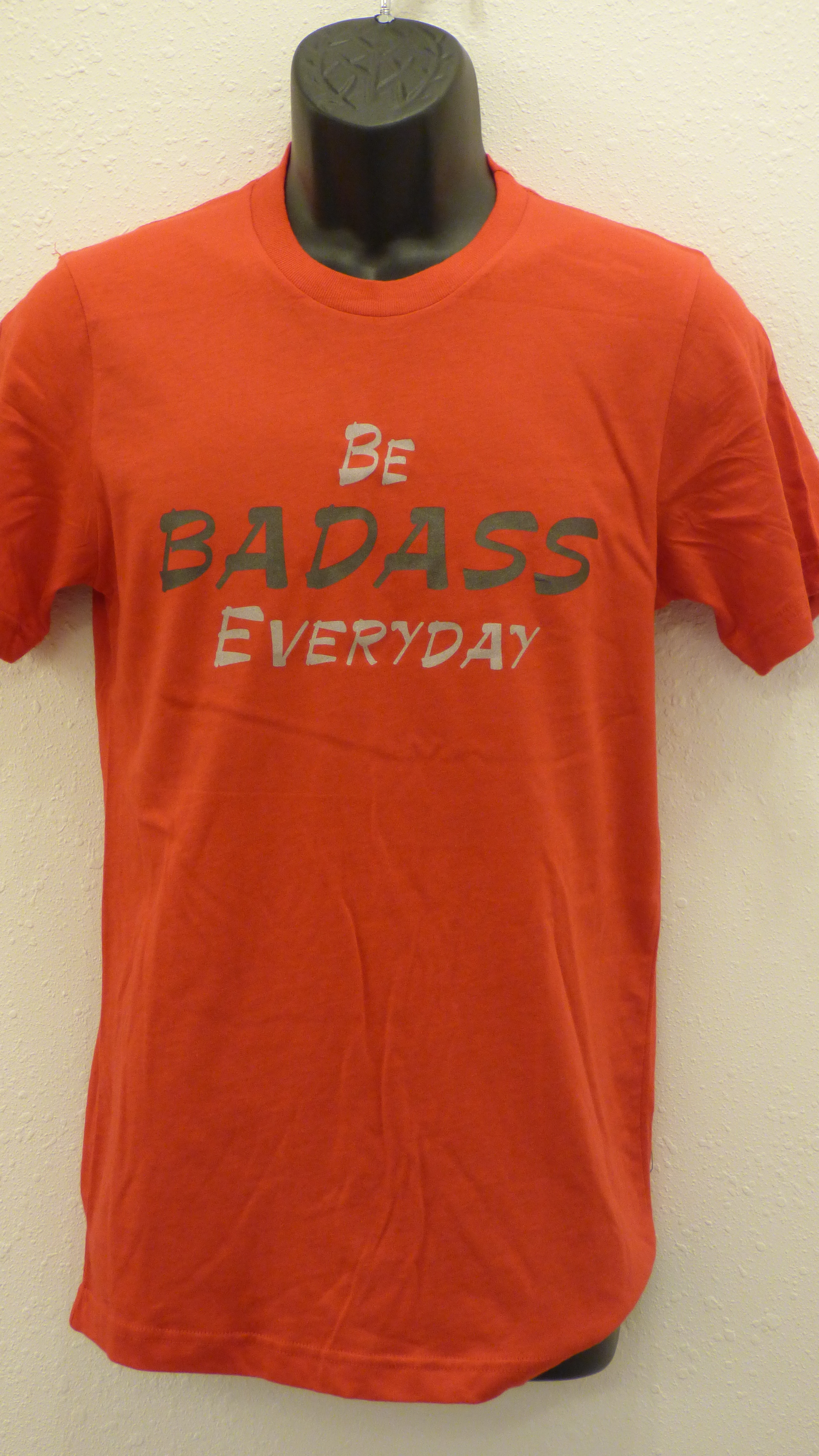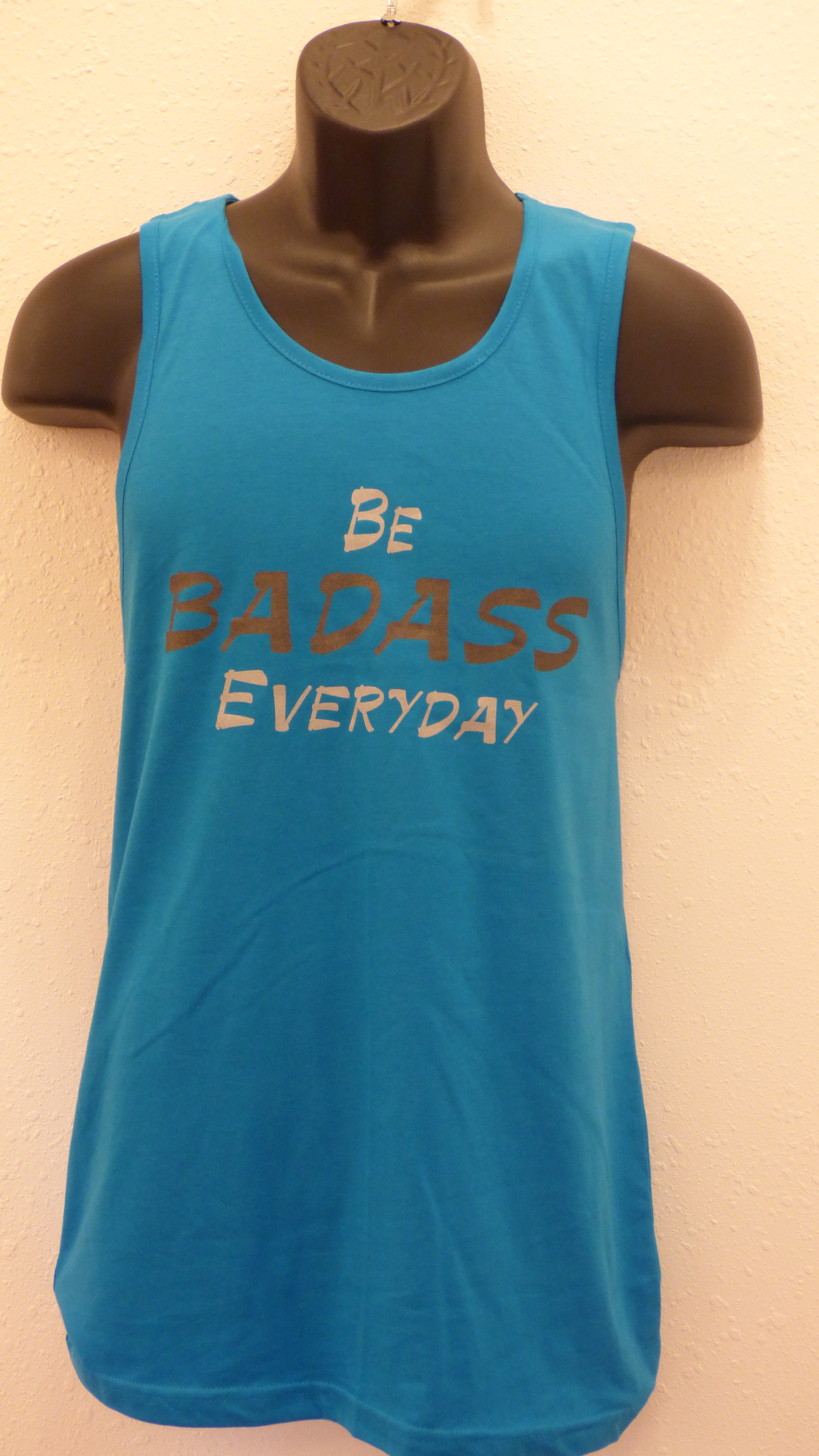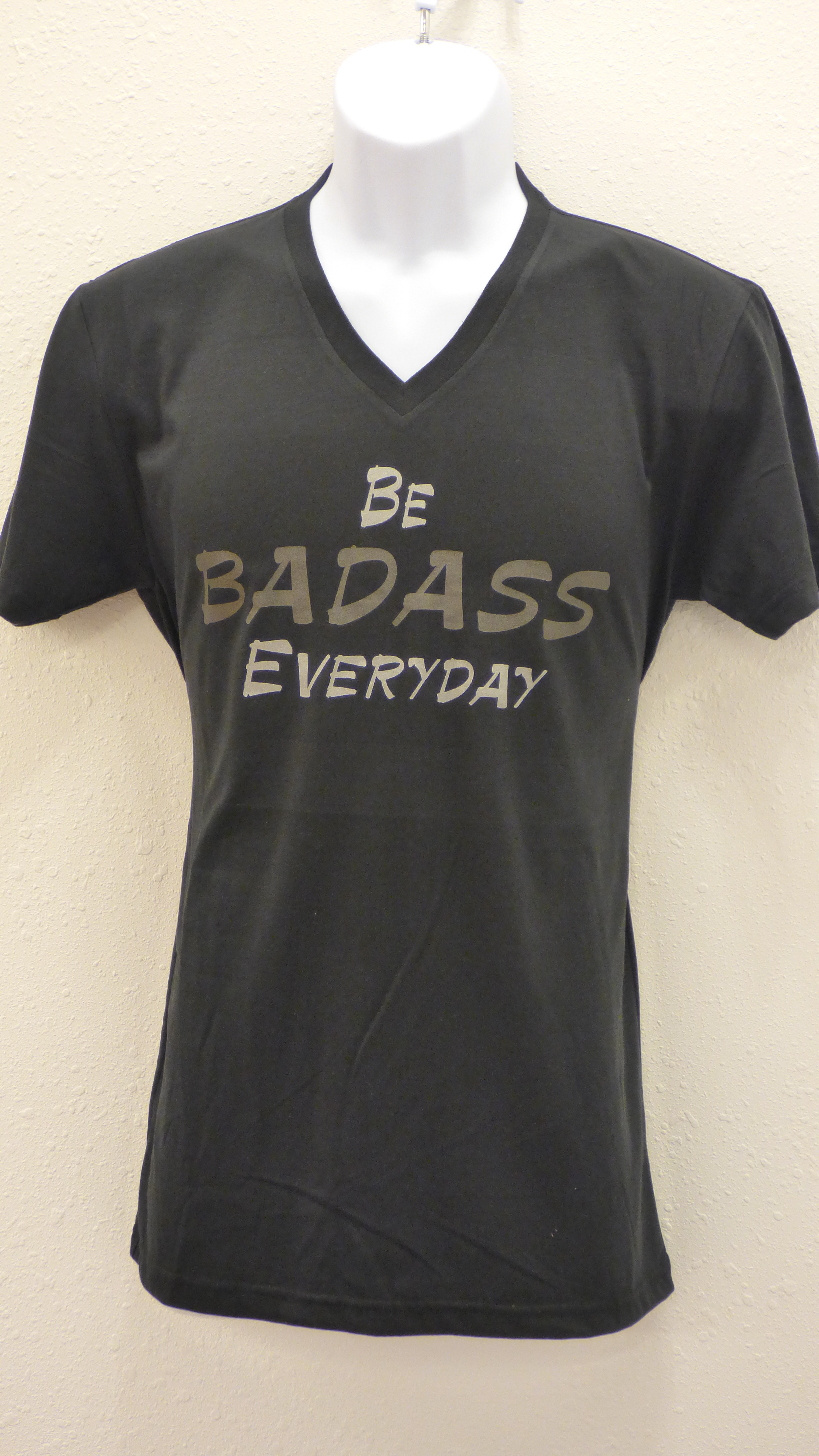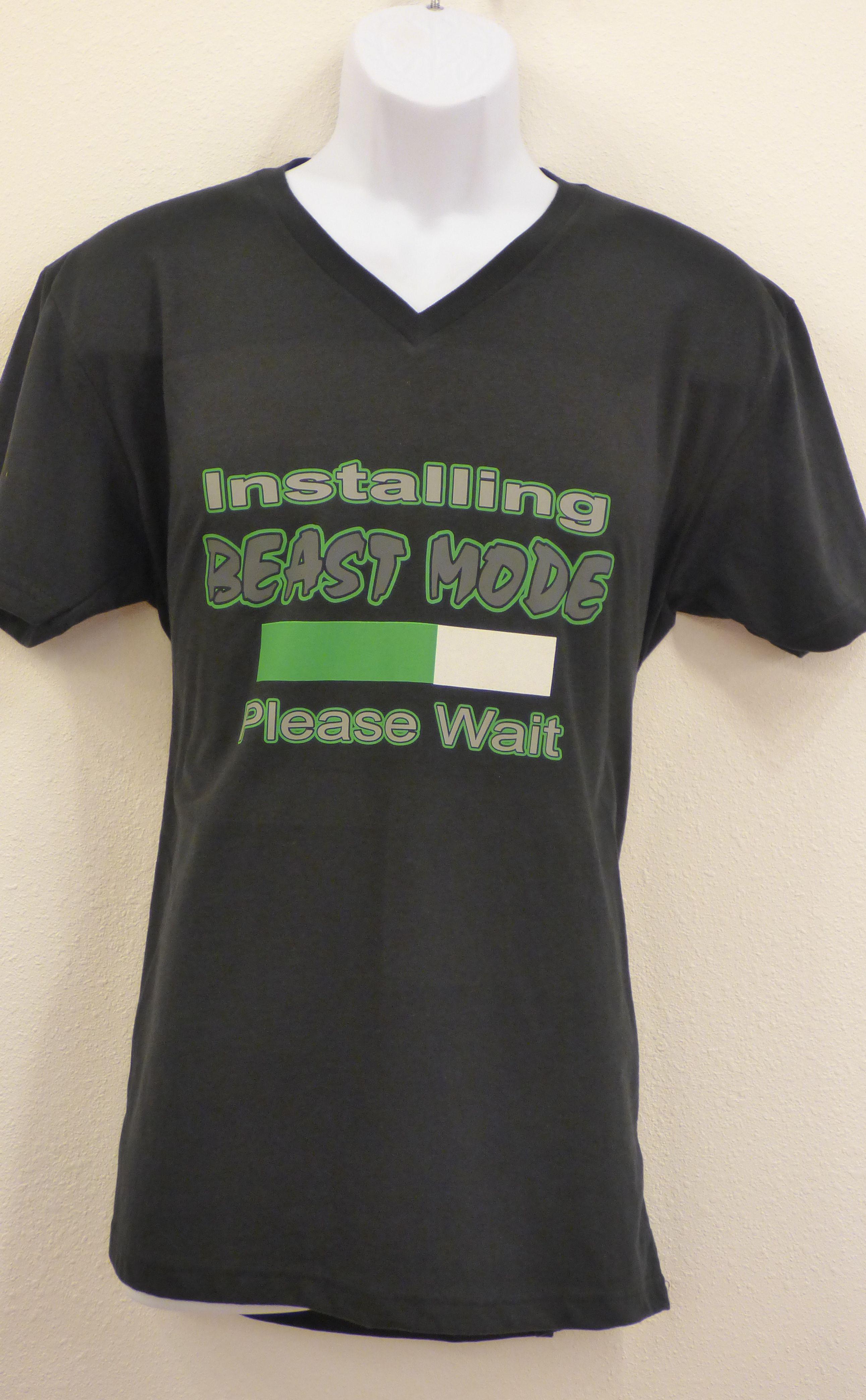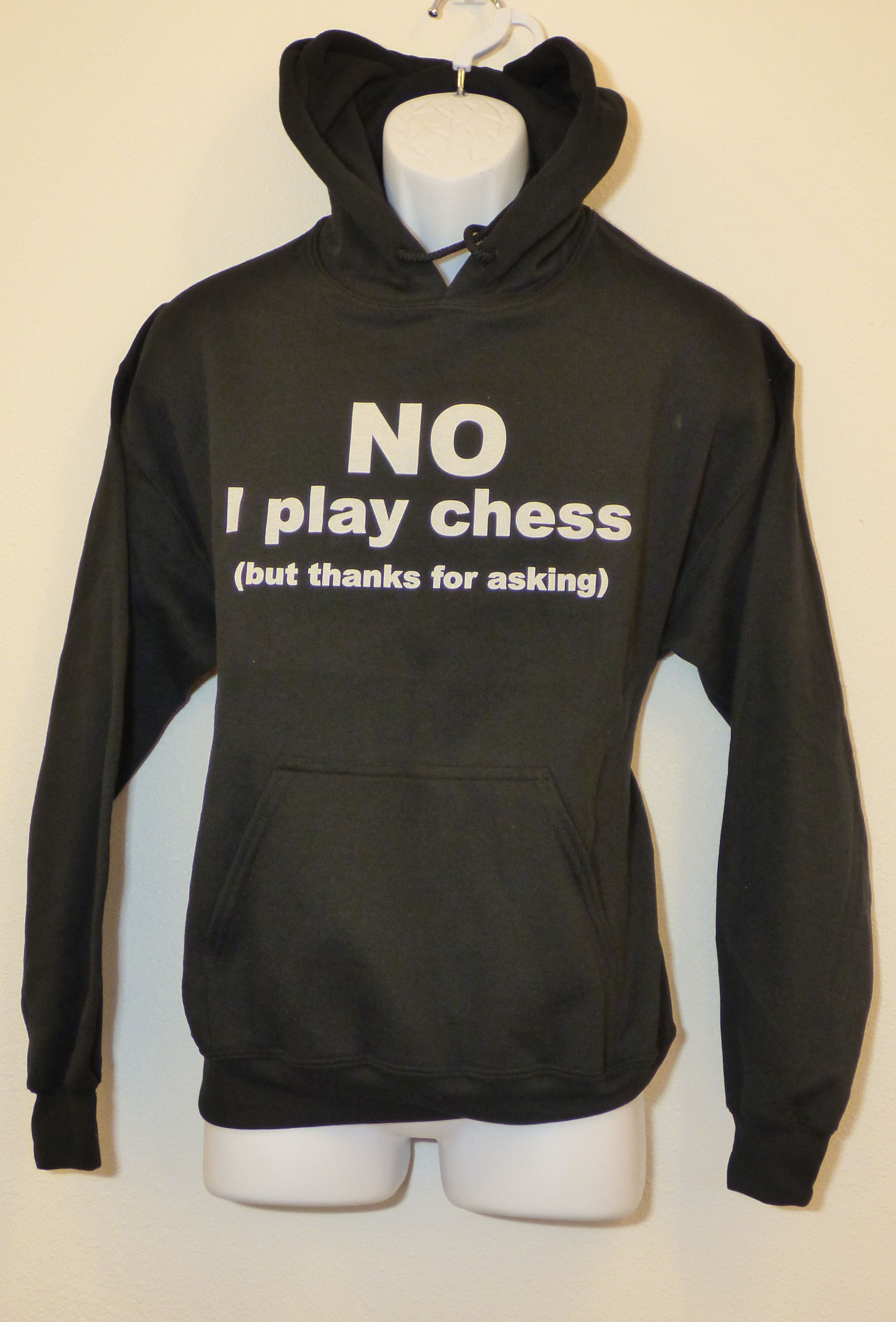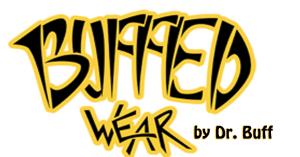 I stumbled upon this great blog by Daymond John, one of the founders of the clothing line FUBU (For Us By Us), which launched his career and propelled him into the multi-millionaire status. Daymond is involved in many business ventures, one of them being on Shark Tank, which I’ve watched on occasion. This blog is actually an excerpt from his new book, “The Power Of Broke” which is scheduled to be released January 19th.
I stumbled upon this great blog by Daymond John, one of the founders of the clothing line FUBU (For Us By Us), which launched his career and propelled him into the multi-millionaire status. Daymond is involved in many business ventures, one of them being on Shark Tank, which I’ve watched on occasion. This blog is actually an excerpt from his new book, “The Power Of Broke” which is scheduled to be released January 19th.
Even though it’s written from a business perspective, those in the fitness industry, from just getting started to being a competitor, and especially those that market themselves or a product, like I market my Buffedwear.com clothing line (See what I did there? Now click on the link and check it out – you’ll like what you see), would do well to read this blog, and even invest in his book. I know I will, because as I’ve learned, as soon as you think you know it all, and there’s nothing else to learn, your future and career comes to a screeching halt. So take a read, become a bit more informed, and apply some of Daymond’s strategies. As he says, there’s nothing really new, but the book is written HIS way, and for some people, his way may hit them just right to where they’ll make a move. The link to Daymond’s blog on Facebook is at the bottom of this blog. Enjoy…
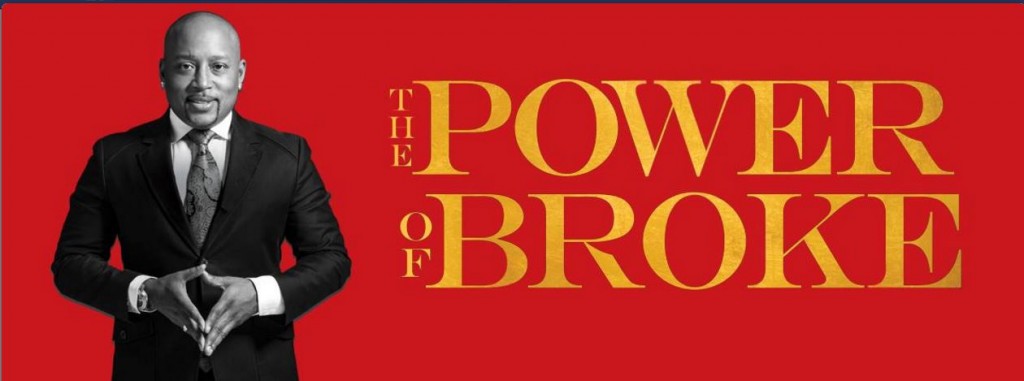 SHARPEN YOUR SHARK POINTS – Daymond John
SHARPEN YOUR SHARK POINTS – Daymond John
On Shark Tank, if someone comes in with a product and tells the panel he has $50 worth of sales, he gets laughed off the set. We fall out of our seats. But if that same someone then tells us his product only cost a dollar, and that $50 in sales came in under three minutes, selling from the trunk of his car in the parking lot of the local mall . . . well, then it’s a whole other equation. Then everyone on the panel goes quiet, wondering which of their fellow Sharks will start bidding, and next thing you know there’s a feeding frenzy. Why? Because without even realizing it, this wannabe entrepreneur has stumbled onto a proof of concept that opens doors and generates business. He’s sold his first widgets or gadgets or what-ever and taken the pulse of his market in a meaningful way.
Put another way, he’s maximized the power of broke and put it to work for him. That’s just what happened for me and my partners when we launched FUBU in the early 1990s, but the world has changed. The strategies that worked back then won’t necessarily work today, but there are whole new strategies that have now come into play. At the same time, just as the world has changed, the key elements to any start-up remain the same—in an eat-or-be-eaten, kill-or-be-killed kind of way.
Understand, the principles behind those strategies are still very much in play, and I return to them constantly when I speak to business and student groups. Lately, I’ve bundled these principles into an easy-to-remember acronym, which I call SHARK Points. The idea is to get audiences to start thinking like a shark, the same way we do on the show as panelist-investors. It’s the perfect metaphor for the power of broke, when you think about it. What do we know about sharks? They’re ruthless, right? They’re hungry. They feed on the weakness of lesser creatures. They’re smart and swift and used to getting their way—all in all, the same characteristics that could help you out in a business setting, which of course was why the producers of the show hit on that whole Shark Tank theme in the first place.
So, what are my SHARK Point basics?
SET A GOAL. This first point is about as basic as it gets. What it comes down to is knowing where you’re headed. Be realistic on this. Aim too high and you’re bound to be frustrated, disappointed. Aim too low and you might leave some opportunities on the table, so take the time to get it right. Think what’s possible in a best-case scenario. Think what’s possible in a worst-case scenario. Think what’s in reach. Then reach a little more—but set it all down on paper. Commit to it.
HOMEWORK, DO YOURS. In almost every business, analytics are key. Know your field, know your competitors, know your stuff. After all, if you don’t know your stuff, how can you hope to know what’s possible? How can you prepare yourself for what’s coming? Think of it this way: out in the ocean, a shark doesn’t attack unless it knows its prey; here on land, a “shark” needs the same mix of insight, instincts, and information to keep out in front. And a shark needs to know that there’s nothing new under the sun. Face up to this fact, people. I hate to be the one to have to tell you this, but let me give it to you straight: You will never create anything new. Twitter is just an updated version of a note tied to a pigeon’s leg. Facebook is nothing more than an endless chain letter, or another way to look at it, scribbles on the bathroom wall. Instagram is the scrapbook you used to keep and share with your friends. All there is, all there will ever be is a new form of delivery, a new way to market, and a new way to figure it out. On Shark Tank we see it all the time. Someone comes on the show and says, “I have the newest thing.” No, you don’t. What you have is maybe a new way or a new approach. So part of doing your homework means appreciating the history of your idea, your market, and your competition. “A fool can learn from his own mistakes, but a wise man learns from the mistakes of others.” That’s a line I picked up from Mr. Magic, an old-school radio deejay from New York. The thought behind it reinforces this concept that there are no new ideas—only new ways to execute those ideas.
ADORE WHAT YOU DO. It comes down to passion. You’ve got to love, love, love what you’re doing—otherwise, why not do something else? That was my deal starting out: I loved clothes, loved seeing people in my designs, loved dreaming up new concepts. And that’s the deal for every one of the successful entrepreneurs, influencers, and innovators you’re about to meet in this book—they love what they do. “The only way to do great work is to do what you love.” That one’s from Steve Jobs, and it’s been repeated into the ground, but I’m repeating it here because it’s an all-important point. Own it, love it, live it . . . and you can find a way to make it work.
REMEMBER, YOU ARE THE BRAND. I wrote a whole book about this called The Brand Within, and here’s how I opened it: “You are what you eat. You are what you wear. You are what you drive, where you live, what you drink, how you vote, what you stand for, how you love, hate, dedicate . . . you with me on this?” I still feel the same way, especially when it comes to building a business or career. It all starts with how you carry yourself, what you put out into the world, the way you interact with your audience, your customers, the marketplace. It’s on you. Just you.
KEEP SWIMMING. Even when they’re asleep, sharks are slipping through the ocean, swimming, scheming, getting ready to attack—which is pretty much the approach you have to take when you’re starting out in business. You have to be relentless, nimble, moving ever forward. No matter what. And real sharks out in the ocean, if they don’t keep swimming, they die—so keep this in mind, too.”
Adapted from The Power of Broke: How Empty Pockets, a Tight Budget, and a Hunger for Success Can Become Your Greatest Competitive Advantage. Copyright © 2016 by Daymond John. To be published by Crown Publishers, a division of Penguin Random House LLC, on January 19. 2016.
Original link: https://www.facebook.com/notes/daymond-john/sharpen-your-shark-points/10153783256071668



